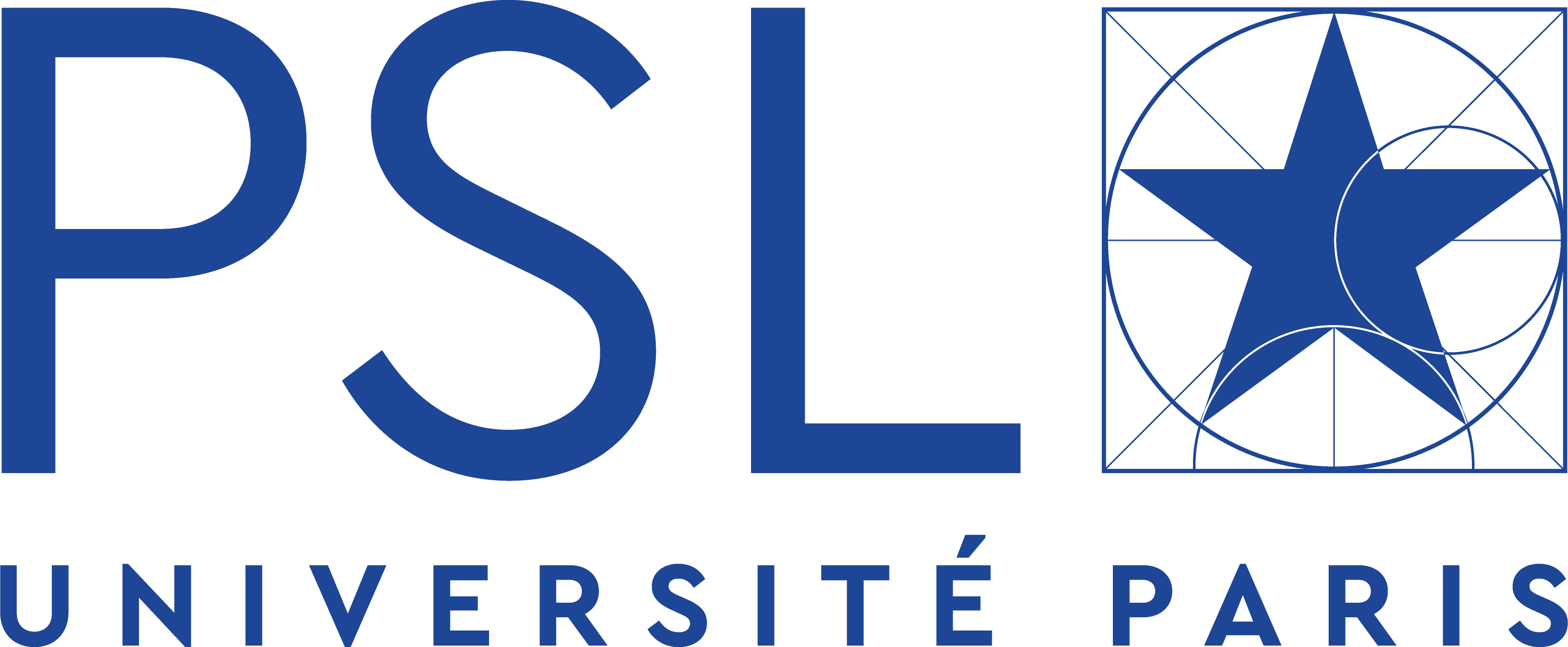Machine learning with kernel methods / Spring 2024
Updates
- New Lecture is up: Lecture 9 - Generalization of Kernel Ridge Regression [section 7.6 (in particular 7.6.4)]
- New Lecture is up: Lecture 8 - Kernel Mean Embeddings of probability distributions [Video 1] [Video 2]
- New Lecture is up: Lecture 7 - Green, Mercer, Herglotz, Bochner and friends [Video 1] [Video 2] [Video 3]
Course materials: (Slides)
The slides for all lectures are available in pdf format. Slides are frequently updated. Please let us know if you spot typos! Each lecture corresponds to a range of slides.
Please go to the lectures’ page to find more details about each lecture.
The schedule for the course is available here.
Course description
Many problems in real-world applications of machine learning can be formalized as classical statistical problems, e.g., pattern recognition, regression or dimension reduction, with the caveat that the data are often not vectors of numbers. For example, protein sequences and structures in computational biology, text and XML documents in web mining, segmented pictures in image processing, or time series in speech recognition and finance, have particular structures which contain relevant information for the statistical problem but can hardly be encoded into finite-dimensional vector representations.
Kernel methods are a class of algorithms well suited for such problems. Indeed they extend the applicability of many statistical methods initially designed for vectors to virtually any type of data, without the need for explicit vectorization of the data. The price to pay for this extension to non-vectors is the need to define a so-called positive definite kernel function between the objects, formally equivalent to an implicit vectorization of the data. The “art” of kernel design for various objects have witnessed important advances in recent years, resulting in many state-of-the-art algorithms and successful applications in many domains.
The goal of this course is to present the mathematical foundations of kernel methods, as well as the main approaches that have emerged so far in kernel design. We will start with a presentation of the theory of positive definite kernels and reproducing kernel Hilbert spaces, which will allow us to introduce several kernel methods including kernel principal component analysis and support vector machines. Then we will come back to the problem of defining the kernel. We will present the main results about Mercer kernels and semigroup kernels, as well as a few examples of kernel for strings and graphs, taken from applications in computational biology, text processing and image analysis. Finally we will touch upon topics of active research, such as large-scale kernel methods and deep kernel machines.
Schedule and organization
- This year, the course will be in person and will take place at ENS Paris-Saclay. The class starts at 1:30pm and ends at 4pm on Wednesdays (see full schedule). There will be 9 sessions in total.
- The grading of the class will be done with (i) one final exam, (ii) a data challenge, (iii) regular (short) exercises to do online.
- To register to this course, you’ll need to subscribe to the course mailing list. If you are an MVA our MASH student, you will receive an email explaining how to subscribe to the course’s list before the first lecture. Otherwise, please directly contact the instructors.
Evaluation
The final note will be a weighted average of a data challenge (40%), a final exam (40%) and regular homeworks (20%).

